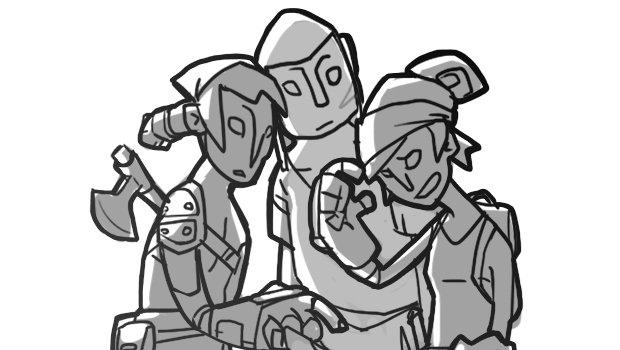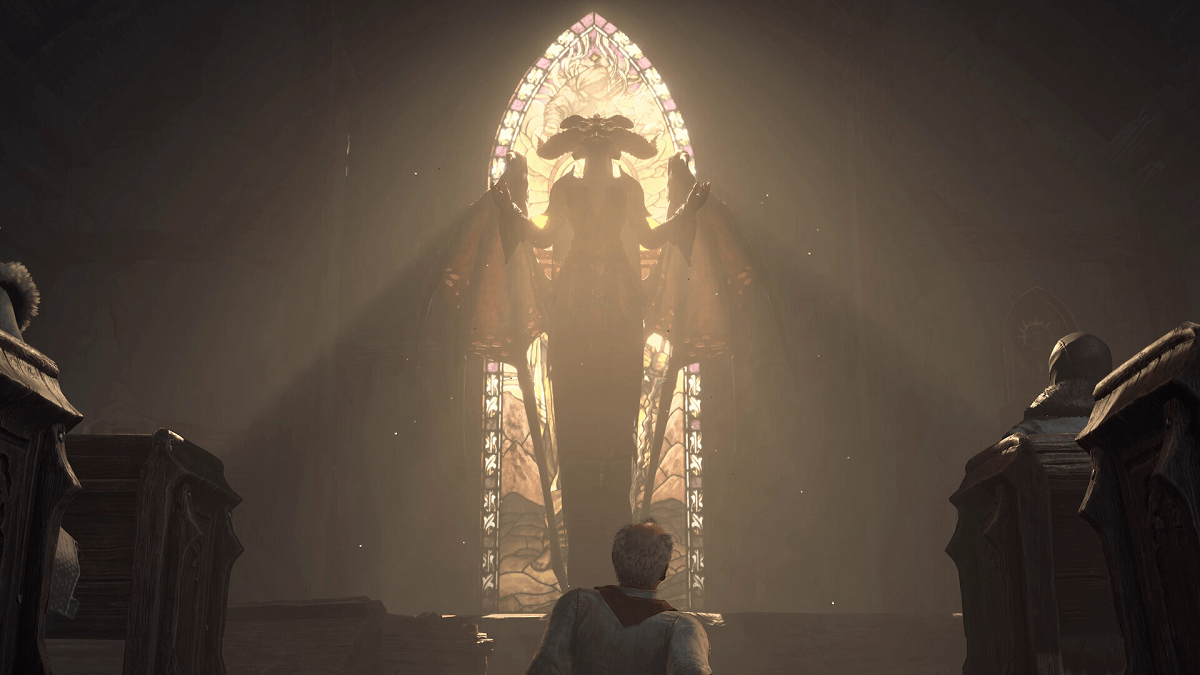Promoted from our Community Blogs!
[Peter Salinas — one of the social scientists working at Nerd Kingdom — hit up our Community Blogs recently to share a bit about the thought process behind their new game TUG. Pretty neat stuff! For more information on the game, check out the TUG Kickstarter, which passed its funding goal earlier this week.]
Hi! My name is Peter Salinas and I am a behavioral scientist that studies socio/cultural and psychological stuff in videogames. I have been a lurker of Dtoid and a member of the community for some time. What has always kept me here is the independence of the site and its ability to push harder each year, with more obstacles placed in its path, and still never sell out. For me, this is what is most important within the culture of the Dtoid community… well, that and all the dick and fart jokes. *high five*
I wanted to share with you a project I have been working on with a team of brilliant minds that could use your support — or at least a moment of your attention. TUG is an open-world, sandbox role-playing fantasy game that is being developed on the foundation of human understanding and the motivation of dynamic play and interactions. To say our project has stirred up some questions would be a gross understatement, so I wanted to try to clear some things up in the hopes of garnering genuine support of what we are doing.
First, what experience do we have actually making games? As it turns out, tons. It is not a well-known fact, but many of those world-changing bits of tech — or amazing AI systems, or data systems, or networking system — were built for the industry by contracting a member of the academic community, and built upon by teams working under the publishers.
Of course, no credit is ever given; it’s in the best interests of the publishers to assume full credit for their next big thing, and that is good and fine. In many cases, the publishers ask for things they can rarely even figure out how to use, and things are left behind or years later turned into some third party software touted about by another group who bought the rights as the “next big thing.” We rarely have the chance to continue the work on some of our creations, and it is even more rare that we are ever able to share/publish what we have found from the development and research of those topics.

OK, that covers the technology side, but what about design? We are speaking of an open-world sandbox game, with elements of role-playing, so let’s deconstruct what that is. It is an open environment where the ultimate variables are the environment and the other players. This is our “hood” as it were. Academics and areas of science have been tearing apart these things for generations, literally. Human interactions for conflict on an individual scale, or motivations of group interactions, religion, culture — you name it, there is a field that obsesses over it. But what’s more, we obsess over it for the sake of knowing it, not for the sake of capitalizing on it. Sounds stuffy, right? How do you make any of that fun, or avoid making some simulation of life out of it? This comes down to perspective.
It’s not just some big “proximity marketing ploy” that we are all gamers; we really are. We raged with the lot of you when we got shafted on conclusions to trilogies being cut short of what was expected. We get all kinds of raged when they nerf our classes, or weapons are lacking proper balance. We get all kinds of sour grapes when publishers claim variety, but we get the same dungeon over and over again with artificial walls. We play games: not just for research, but because we grew up with all of this. Before anything else, fun is a priority. Things need to “feel” good, and this is why we are releasing the game in such an early phase. We do not do well guessing at things; we act on data/information.
So how can science and data in games make things better? Take a step back and think of all those “what ifs” or “I wish” things we thought of in games, before we just started accepting that things were this way in games. What if the monsters actually had some kind of sense to their behavior? What if combat was not based on some arbitrary number solely reliant on a grind? What if the economy in a game actually was a working economy and responded a certain way? What if the actions I took in a world really made a difference?
OK, admittedly there are a lot more in the role-playing areas of what ifs. But look at some of these and some of your own scenarios. From tens of thousands of players we have interacted with over the course of the past several years, the overwhelming majority of these “what ifs” were all asking for human systems in games. Things that we know of from our own real life. And why not? We are looking to act out a different role in another world — these are the logistics that are important, not the presentation.
These systems are what we are great at. It is almost comical how often these fields of anthropology, sociology, psychology, cognition, etc. have been looked at as “pointless” for the world, aside from academic bantering over semantics. And yet, these fields all revolve around understanding the world and human interactions within it, and can easily be translated into creation of worlds as well. We have seen many micro systems work effectively in the past, and we have an opportunity to converge our fields with other gamers, modders, developers, and artists to make something genuinely special. We’ve got an experienced and talented creative team of veteran designers, writers, and artists who are dedicated to making TUG an aesthetically coherent and unique creative vision, with a deep thematic drive guiding its creation.
Will it suck? Perhaps! But we have built the technology and the system to be “data driven and modular,” which may sound like more catchy buzz vomit, but this is hugely significant. It means that systems are swapped in and out with ease, that we can make the tech available to others to test and create their own worlds, that hugely complex algorithms emulating world economies, or AI systems, or even weather cycles can be plugged in and taken out with ease, allowing us to constantly change and refine in the spirit of not suck. And given that we are not trying to be the next big sexy thing — we just want to make something fun we want to play, and gain better understandings of who we are, and how we do things — we will keep at this until it’s done right. But we cannot do it without your support, even if it’s just sharing what we are doing with others.
Backing, or even sharing this project with others, can make a world of difference to videogames, technology and with a little luck, maybe even the way we see the world.





Published: May 30, 2013 06:00 pm